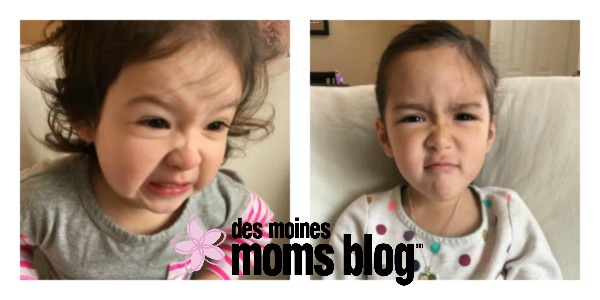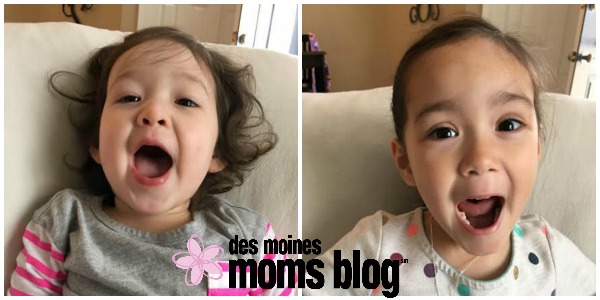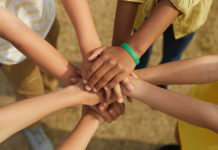ABCs. 123s. Shapes. Colors. Writing their name. Identifying letters. Writing and sounding out words. Patterns. Operations. Is YOUR kid Kindergarten ready?
Since my oldest was in the womb three years old, my husband and I started thinking about her educational future. We changed our child care provider of four years so that she could go to a preschool program all in the name of KINDERGARTEN READINESS!
We are bombarded with information even before they get to Kindergarten about the importance of school readiness and how we can help them be successful in the world of academia. Not to mention the pressures from media that have us thinking we should teach our 15-month-old how to read, the pressures we put on ourselves if our kiddos aren’t “performing” to where we or others believe they “should” be are sometimes overwhelming. Note all the quotation marks.
Sometimes, our focus is so much on the academic side that the emotional/social side gets lost. I’m here to share five simple ways you can help your child cope with BIG feelings and hopefully balance out the pressures of the ABCs and 123s.
Start Early
It is NEVER too early to start identifying and labeling feelings. You can do this while reading or watching TV and pointing out the character’s feelings. “Oh, look at his face, he looks sad.” Or, “What do you think she is feeling?” There are opportunities to always point out our own feelings or the feelings of others, too. Saying, “Mommy is sad right now.” Or my favorite, “Mommy is feeling angry and needs time.” When your kids express BIG feelings, helping them identify and label their feelings is also a great way to get the conversation going. It allows the child to feel as though it is okay to talk about their feelings and label them correctly.
Regulate Yo’ Self
I can’t tell you the number of times that one of my kids was having a complete meltdown and I melted down, too. This one is hard, and it’s something I still am working on. But the trick here is, we can’t expect our kids to be in control of their emotions if we aren’t in control of ours. If we find ourselves yelling or losing our temper, basically having our own tantrum, unfortunately, they are taking that all in, and it sets an example. Don’t get me wrong, like I said, I am working on this. Baby steps, people! Some tactics I’ve found that help when I find my temper raising is to stop, breathe, walk away, and take a break. These same tactics can easily be taught to kiddos as positive ways to cope with BIG feelings. You know you’re doing it right when your five-year-old reminds you to “take deep breaths Mom, you’re angry.”
Validate
Have you ever melted down or just got done telling someone how upset you were for them to say, “Oh, it’s not that bad, you’re fine.” Have you ever wanted to scream, “NO, I’m NOT FINE!”? I’ve caught myself doing the same thing with Sophia. I tell her, “Oh, you’ll be just fine.” What I’ve learned is that sometimes, even in the midst of a temper tantrum, something as simple as saying, “I see you’re frustrated; that IS frustrating!” got me SO much further than trying to brush her feelings under the rug. When you think about it, when you’re upset/frustrated/mad/sad, all it takes is for someone to say, “I get it,” to feel understood and validated.
 Problem Solving
Problem Solving
This is an important one. I think sometimes, when our kiddos are throwing themselves on the floor in a tantrum, we get caught in trying to reason with them. One thing I’ve learned is that THEY CAN’T HEAR YOU. So, help them regulate and THEN talk about what the problem is. Help them brainstorm possible solutions for the next time and then repeat, repeat, repeat.
Give Hugs
There are days when I’m at my wits end. Everyone is whining and complaining and it seems like I just can’t win. Sometimes when one of the girls starts throwing a tantrum or is especially whiny, I will kneel down, open my arms, and they come running in for a big hug. Sometimes, that is all they (and I) need.
So, while yes, I believe that learning the ABCs and 123s are important, learning about feelings and how to manage those feelings are equally, if not sometimes more, important! Helping them manage big feelings is laying the foundation for emotional and social well-being well into their adulthood.
















